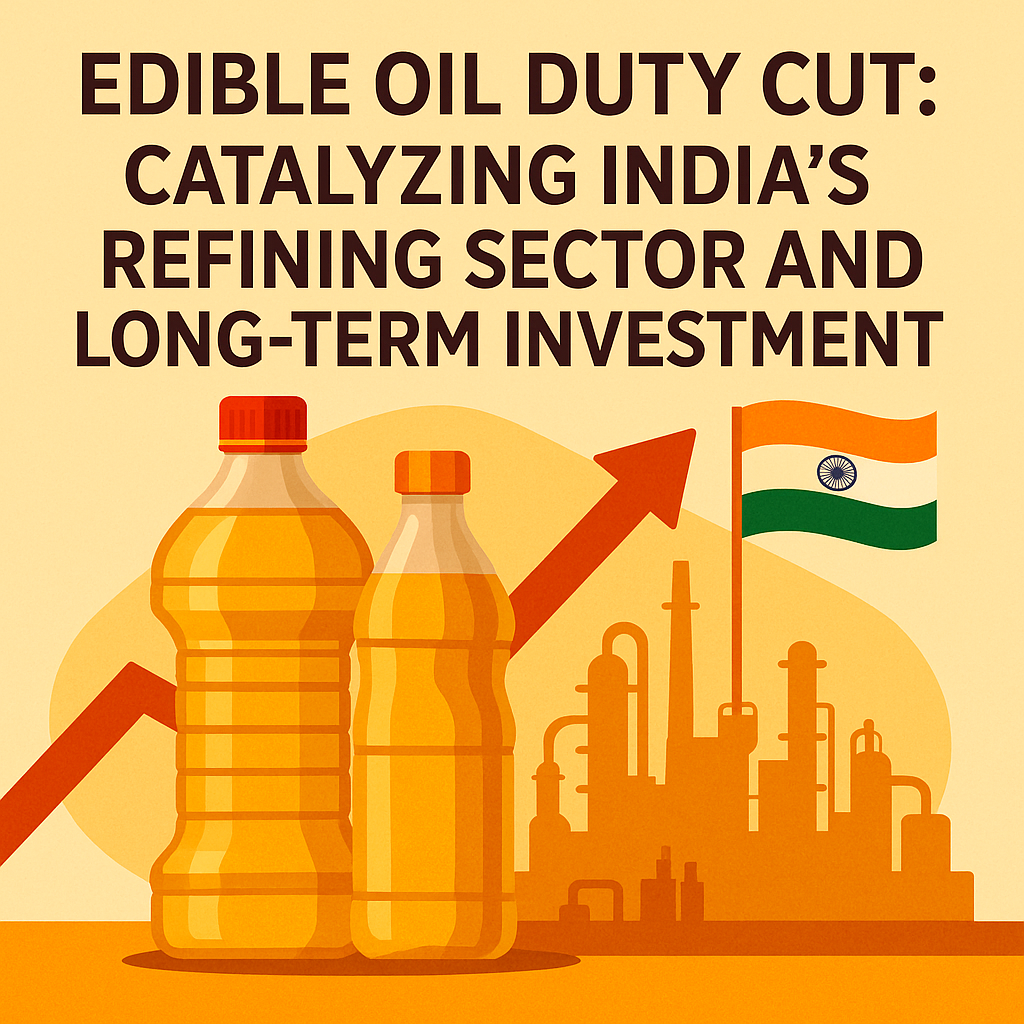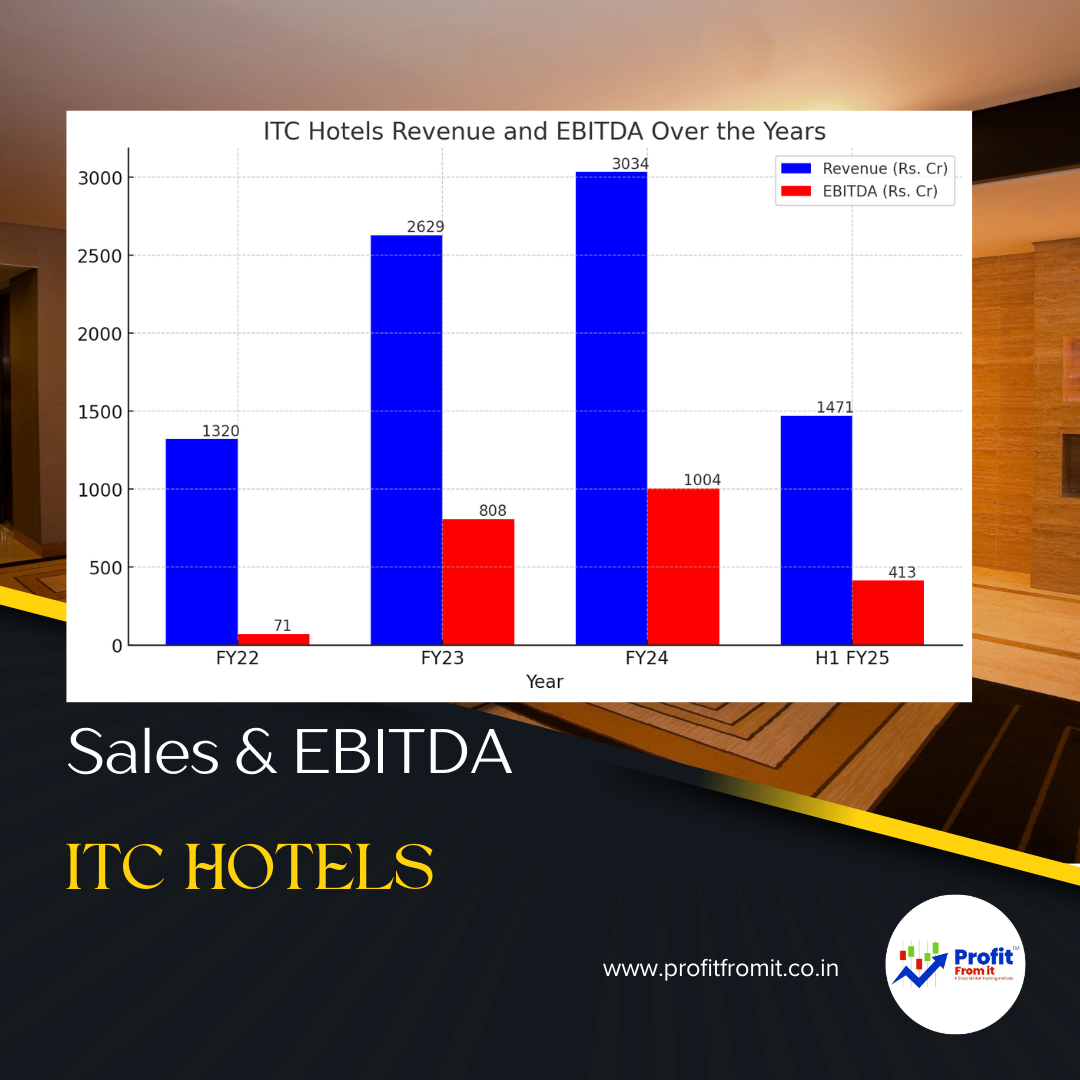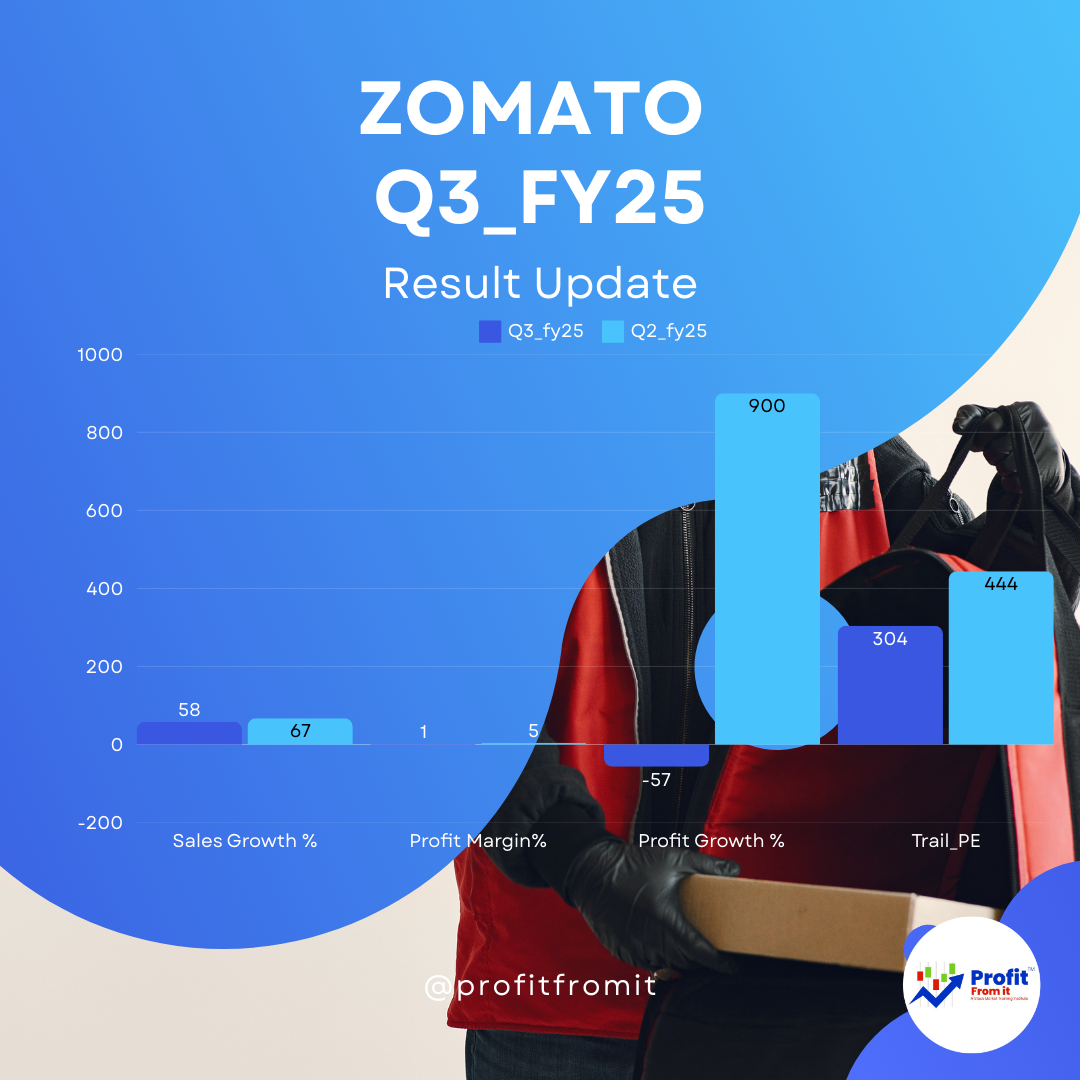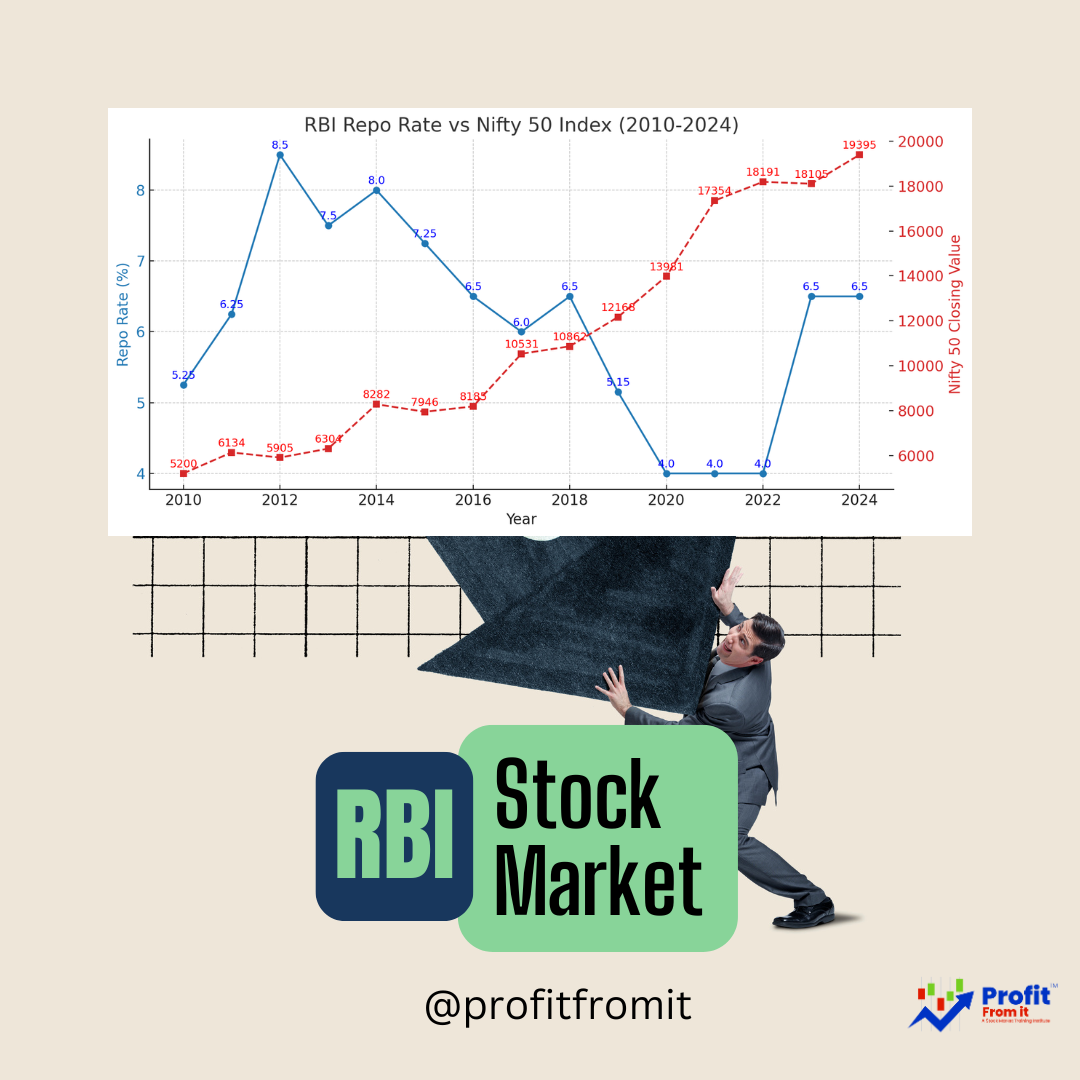
Introduction
Edible oils are a staple in Indian households, but the sector has been under pressure from volatile global prices and rising food inflation. In June 2025, the Government of India’s decision to halve the Basic Customs Duty (BCD) on crude edible oils aims to provide consumer relief and reinvigorate domestic refining capacity. For investors, this policy shift opens up compelling opportunities in companies poised to benefit from higher crude imports and domestic value‐addition.
Policy Update
On 11 June 2025, the Ministry of Consumer Affairs announced a reduction in the BCD on imported crude sunflower, soybean, and palm oils from 20 percent to 10 percent. This change widened the duty gap between crude and refined oils from 8.75 percent to 19.25 percent, incentivizing refiners to ramp up processing rather than importing refined products.
Sector Impact
Consumer Price Relief
With a lower BCD, the landed cost of crude edible oils drops significantly. Industry stakeholders have been directed to adjust the Price-to-Distributor (PTD) and Maximum Retail Price (MRP) immediately, ensuring the duty savings reach end-consumers and help tame food inflation.
Domestic Refinery Utilization
The 19.25 percent duty differential favors crude imports, boosting throughput at India’s refineries. This policy encourages refiners to source raw material directly, reducing reliance on higher-duty refined oil imports and strengthening the domestic refining ecosystem .
Trade Dynamics
India currently imports around 9–10 million tonnes of palm oil annually—roughly two-thirds of its total edible oil consumption. As crude imports rise under the new duty regime, domestic refiners stand to capture a larger share of this volume, enhancing margins and scale economics
Companies to Watch for the Long Term
1. Adani Wilmar (AWL Agri Business)
Market Position: Holds an estimated 18.3 percent share of India’s branded edible-oil market, supplying Fortune, King’s, and other popular labels
Growth Drivers: Expanded refinery network at Mundra and Kakinada enables higher crude‐oil processing under the favorable duty structure. Recent Q4 FY25 profit rose ~22 percent on robust edible-oil demand
Valuation Snapshot: Trades at a P/E multiple in line with sector peers, offering a blend of scale and margin expansion potential.
2. Patanjali Foods (formerly Ruchi Soya Industries)
Integrated Model: Around 70 percent of PFL’s revenues derive from edible-oil refining, with backward integration into oilseed crushing and plantations icra.in.
Scale & Reach: Post-restructuring, FY2025 revenues surpassed ₹33,000 crore, driven by strong branded-oil sales and distribution reach across rural and urban markets.
Outlook: Continued expansion of processing capacity and strong brand recall position PFL to leverage lower crude duties for margin improvement.
3. Godrej Agrovet
Plantation Leadership: Operates five oil-palm mills and over 75,000 ha of plantations across six states, making it one of India’s largest domestic palm-oil developers
Production Expansion: Aims to triple palm-oil output from ~0.4 mt to 1.2–1.5 mt by 2030–31, reducing import dependence and capturing upstream value under supportive policies
Strategic Value: As a play on both upstream (plantations) and downstream (refining) segments, Godrej Agrovet offers balanced exposure to the entire edible-oil value chain.
Additional Insights
Import Dependence: Beyond palm oil, India sources ~57 percent of its total edible-oil needs from soybean and sunflower imports, underscoring the broader sector-wide impact of duty adjustments.
Future Outlook: A ₹101 billion government program targets doubling domestic oilseed output by 2030–31, which could gradually alleviate import reliance and stabilize prices.
Conclusion
India’s reduction in edible-oil import duty marks a decisive policy intervention to shield consumers from inflation and bolster domestic refining. For investors, companies with strong refining footprints, integrated operations, and upstream plantations—such as Adani Wilmar, Patanjali Foods, and Godrej Agrovet—stand out as long-term plays to capture value from higher crude-oil throughput, margin expansion, and evolving import-substitution trends.
Disclaimer:
This blog is for informational and educational purposes only. It does not constitute investment advice. Readers should conduct their own research



 for Investors The provided chart outlines key metrics for Nifty 500 companies across different periods (FY22 t.png)





